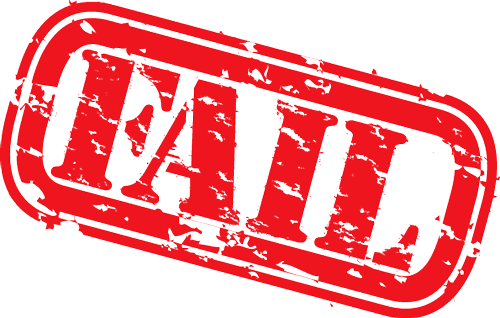How School Choice Affects Test Scores
Recent studies show vouchers fail to improve some student outcomes, but that hasn’t deterred advocates of the approach.

That was the inconvenient verdict of studies examining programs in Louisiana, Ohio, Washington, D.C., and in Indianapolis, where the advocates had convened for the annual conference of the American Federation for Children. U.S. Secretary of Education Betsy DeVos, the group’s former leader, gave the keynote address.
But many of the school-choice proponents, who had long made the case that their favored reform works, had an explanation at the ready.
Jeb Bush, the former Florida governor, only alluded to the recent studies. “In spite of a few research projects of a narrowly identified group of students, the simple fact is when you create a marketplace of choices and informed parents … the children do better,” he told the audience.
Indeed, older studies show that students in Milwaukee’s voucher program were more likely to graduate high school and enroll in college. Students in D.C.’s initiative also completed high school at a higher rate.
Enlow also pointed to evidence that private school choice can spur improvements in public schools through competition and increase parent satisfaction rates. Sounding a bit like some of his opponents who lead teachers unions, Enlow argued that test scores are a poor measure of educational quality.
“We want a vibrant society of people who know what they’re doing who are productive members of society,” he said. “A single test doesn’t prove jack about that.”
